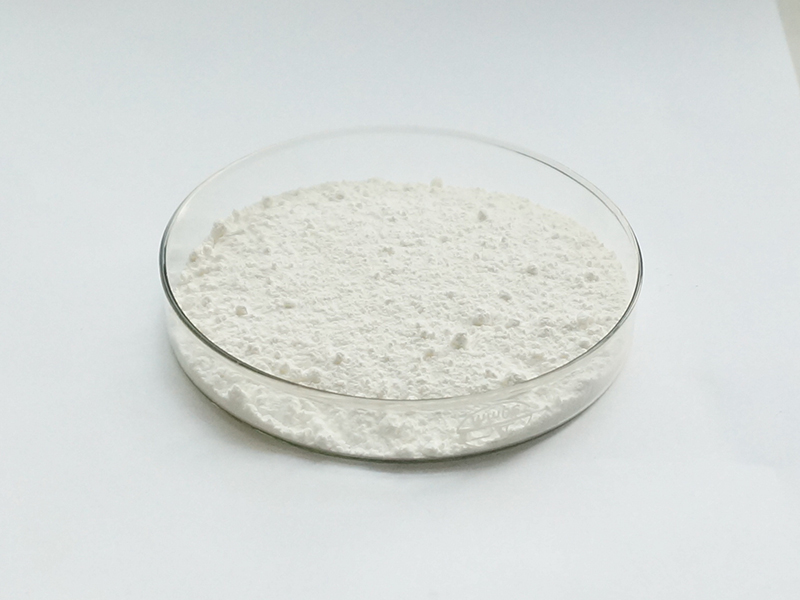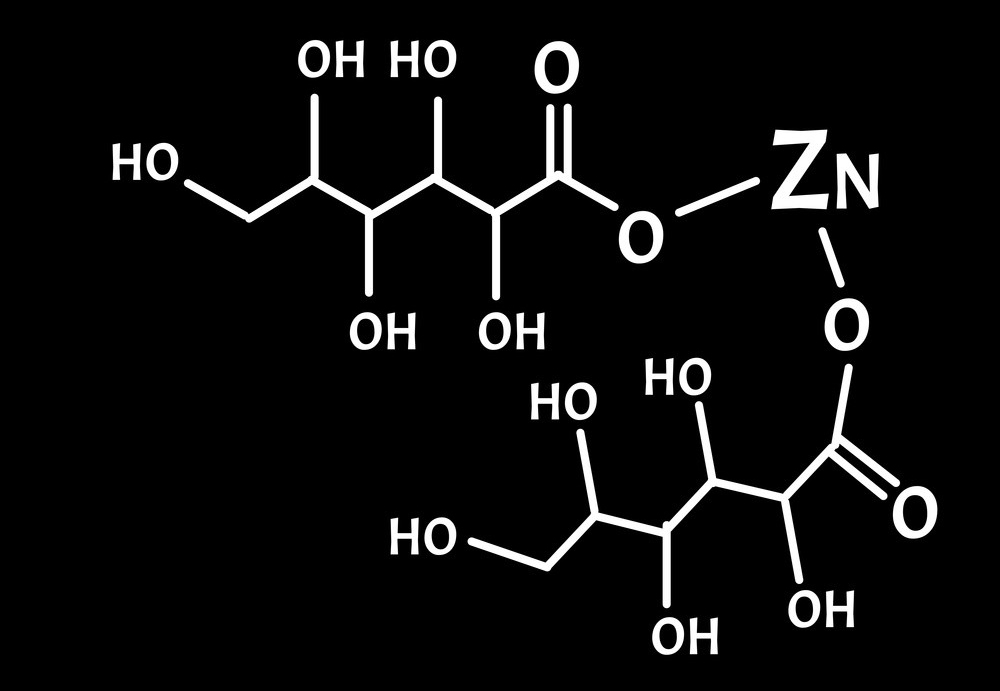Zinc gluconate is a form of zinc, an essential mineral that plays a crucial role in various physiological processes within the body. It is commonly used as a dietary supplement to address zinc deficiencies and support overall health. Here are some aspects of the efficacy and effects of zinc gluconate:
Zinc Deficiency Treatment: Zinc gluconate is effective in treating zinc deficiencies. Zinc is vital for the proper functioning of enzymes, immune system, wound healing, and DNA synthesis. A deficiency can lead to various health issues, including impaired immune function, growth retardation, and skin problems.
Immune System Support: Zinc is known to play a role in the proper functioning of the immune system. It helps in the development and function of immune cells, and zinc supplements, including zinc gluconate, are often taken to support immune function and reduce the duration and severity of colds.
Wound Healing: Zinc is involved in the process of wound healing. It helps in collagen formation, cell division, and tissue repair. Zinc gluconate may be used topically or taken orally to promote faster healing of wounds, ulcers, and skin injuries.
Antioxidant Properties: Zinc has antioxidant properties, which means it helps protect cells from damage caused by free radicals. This can contribute to overall health and may play a role in reducing the risk of chronic diseases.
Age-Related Macular Degeneration (AMD): Some studies suggest that zinc supplementation, along with other antioxidants like vitamins C and E, may help reduce the risk of advanced age-related macular degeneration (AMD) in individuals at high risk. AMD is a common cause of vision loss in older adults.

Acne Treatment: Topical or oral zinc supplements, including zinc gluconate, have been explored for their potential in managing acne. Zinc’s anti-inflammatory and antibacterial properties may help in controlling acne symptoms.
It’s important to note that while zinc is essential for health, excessive intake can lead to toxicity. The recommended daily allowance (RDA) for zinc varies based on age, sex, and life stage. It’s advisable to consult with a healthcare professional before starting any supplementation, especially for prolonged periods or at high doses.
Individual responses to supplements can vary, and the efficacy of zinc gluconate may depend on factors such as individual health status, dietary habits, and the presence of any underlying medical conditions.
Adverse effects of Zinc Gluconate
Zinc gluconate is a common form of zinc supplement that is used to address zinc deficiencies in the body. While zinc is an essential mineral with numerous health benefits, excessive intake of zinc, whether through supplements or dietary sources, can lead to adverse effects. Here are some potential adverse effects associated with zinc gluconate:
Gastrointestinal Distress: High doses of zinc can irritate the gastrointestinal tract and lead to symptoms such as nausea, vomiting, diarrhea, and abdominal cramps. Taking zinc supplements with food may help minimize these effects.
Metallic Taste: Some individuals may experience a metallic taste in their mouth when taking zinc supplements.
Copper Deficiency: Long-term use of high doses of zinc can interfere with the absorption of copper in the body, leading to copper deficiency. Symptoms of copper deficiency may include anemia, fatigue, and neurological issues.
Immune System Dysfunction: Excessive zinc intake may negatively affect immune system function. While zinc is crucial for immune health, an imbalance can have adverse effects.
Lowered HDL Cholesterol: There is some evidence suggesting that high doses of zinc may lower high-density lipoprotein (HDL) cholesterol levels, which is the “good” cholesterol.

Interactions with Medications: Zinc supplements can interact with certain medications, such as antibiotics and diuretics, potentially reducing their effectiveness or causing other complications.
Neurological Effects: In rare cases, extremely high doses of zinc have been associated with neurological symptoms such as numbness and tingling.
It’s important to note that adverse effects are more likely to occur with excessive or prolonged intake of zinc, often exceeding the recommended dietary allowances (RDAs). The RDAs for zinc vary depending on age, sex, and life stage. For adults, the recommended daily allowance is typically around 11 mg for men and 8 mg for women.
Before starting any zinc supplementation, it is advisable to consult with a healthcare professional to determine if you have a zinc deficiency and to determine the appropriate dosage for your specific needs. As with any supplement, moderation is key to avoiding adverse effects.
